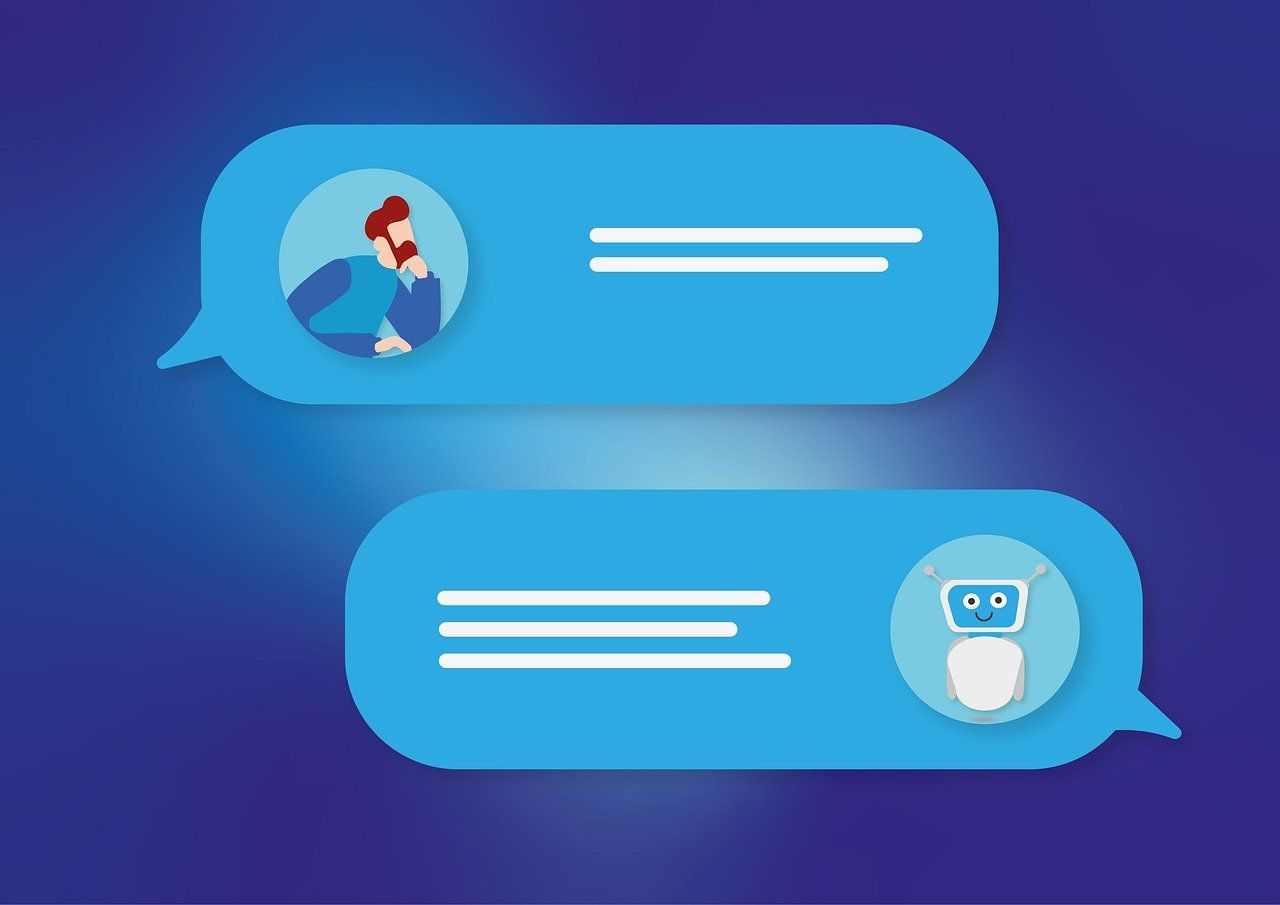
Microsoft’s CTO: Product Managers Play a Key Role in Training AI Agents
 In today's rapidly evolving technological landscape, a fascinating transformation is taking place at the intersection of product management and artificial intelligence. Microsoft's Chief Technology Officer, Kevin Scott, has recently highlighted a groundbreaking perspective: product managers are becoming the key architects in training AI agents, fundamentally reshaping how we think about digital workplace evolution.
In today's rapidly evolving technological landscape, a fascinating transformation is taking place at the intersection of product management and artificial intelligence. Microsoft's Chief Technology Officer, Kevin Scott, has recently highlighted a groundbreaking perspective: product managers are becoming the key architects in training AI agents, fundamentally reshaping how we think about digital workplace evolution.
Imagine having a digital colleague who not only remembers your preferences but grows more capable with each interaction. This isn't science fiction anymore – it's the future that product managers are actively building. As we stand at this technological crossroads, the role of product managers has never been more crucial in shaping the future of AI implementation.
The New Frontier of Product Management
The traditional perception of product managers as "mini-CEOs" of their products is evolving into something far more sophisticated. Today's PMs aren't just bridging the gap between engineers and users; they're becoming the architects of AI agent behavior, responsible for creating intelligent digital coworkers that can transform how we work.
Training the Digital Workforce
One of the most intriguing aspects of this evolution is how product managers are approaching AI agent training. Unlike traditional software development, where features are built and shipped, AI agents require continuous refinement through carefully designed feedback mechanisms. Product managers are uniquely positioned to understand both the technical limitations and the human factors that make AI interactions successful.
Scott points out a critical challenge in current AI technology: "These agents currently lack persistent memory, making them primarily transactional in nature." This limitation presents both a challenge and an opportunity for product managers to innovate in how they design AI learning systems.
The Path to Intelligent Digital Coworkers
The vision for AI agents goes far beyond simple chatbots or automated assistants. The goal, as Scott describes it, is to develop AI systems that can "conform themselves more to users' preferences" over time. This requires a delicate balance of technical capability and human-centered design, exactly where product managers excel.
Consider how a human colleague learns and adapts to their team's working style. Now imagine designing an AI agent that can do the same, but at scale. Product managers are tasked with creating these learning frameworks, ensuring that AI agents develop "abstraction and compositionality" – the ability to understand context and combine learned behaviors in meaningful ways.
Practical Implementation and Challenges
The journey toward truly intelligent AI agents isn't without its challenges. Product managers must navigate complex questions about data privacy, user trust, and the appropriate balance of automation versus human control. Success in this space requires a deep understanding of:
- How to create effective feedback mechanisms that capture meaningful user interactions
- Ways to measure and evaluate AI agent performance beyond traditional metrics
- Methods for maintaining user trust while pushing the boundaries of AI capabilities
- Strategies for scaling AI learning across different user contexts and needs
The Future Landscape
Looking ahead, the potential impact of well-trained AI agents is enormous. As these digital colleagues become more sophisticated, they'll transform how we work, communicate, and solve problems. Product managers will continue to play a pivotal role in this transformation, ensuring that AI development remains focused on genuine user needs rather than technology for technology's sake.
Conclusion
For product managers reading this, the message is clear: the future of AI agent development needs your expertise. Your understanding of user needs, business objectives, and product development processes is crucial in training the next generation of AI agents.
Start by identifying one process in your product that could benefit from AI assistance. Consider how an AI agent could learn from user interactions and improve over time. Remember, you're not just building features anymore – you're training the future workforce.
The evolution of product management in the AI era represents one of the most exciting shifts in our field. As Kevin Scott suggests, product managers are no longer just product leaders – they're becoming AI trainers, shaping the future of how humans and machines will work together. The question isn't whether AI will transform our workplace; it's how well we'll train it to serve genuine human needs. And that's where product managers will make all the difference.
Related Articles


